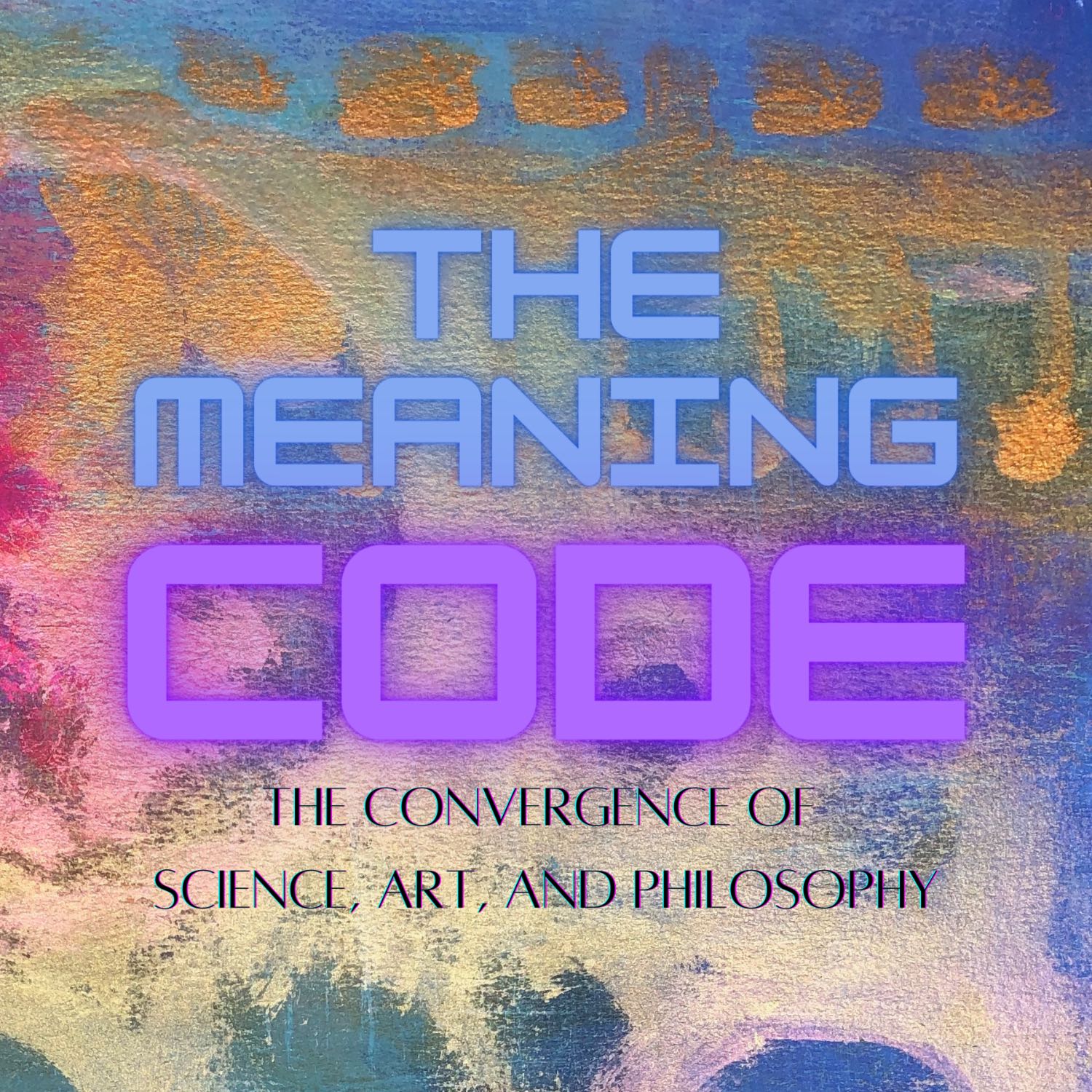Computation is the Covenant Between Truth and Language
Glen and Karen discuss how language and computation are tied together, that multiple languages can be used to create a symphony of choices to express something logically and emotionally. Links follow timestamps. Timestamps: 00:00 Intro 01:40 The halting problem, Joscha Bach on Godel’s incompleteness theorem, and the connection between language and computation. 04:24 “There is no deeper notion of truth than proof.” Joscha Bach Patterns 06:20 “There. Is a covenant between Truth and Language.” 15:33 Euclid’s fifth postulate is not decidable Decidability and the equivalence of the halting problem to other problems. Wolfram’s computational irreducibility Rule 110 in cellular automata. 22:30 The concept of computation relates to heuristic rule sets. Computation as a physical process that can be based on formal languages or logic, probabilities, or heuristic rule sets. Example: a recipe. 26:00 Computation is a sequence of choices guided by a set of rules. Undecidability. Computational Systems 39:26 Language, an alphabet of symbols, Russell's Paradox, Incompleteness Theorem, a project to reduce mathematics to a formal system, doomed to failure with Kurt Godel's Incompleteness Theorem. Russell and Whitehead left mathematics and became philosophers. Glen also explains the Barber Paradox, which is related to Russell's Paradox, and how it can be solved by adding new rules. 45:46 The concept of truth relates to language. Glen suggests that truth can be determined by stepping outside of the system and asking questions, Language is a key factor in our ability to ask questions and understand truth. Truth is not just a statement about math and formal systems, but also about people and their ability to ask questions. 56:25 The problem with a lock is that it needs an outside agent. Computation is a group phenomena. Can’t analyze a computational system in isolation. Exploring the Relationship Between Computation, Consciousness, and Agency Alignment of AI/LLM to humans1:07:09 Archetypes are a proof in a non-formal language, a story with a punch line. The Relationship Between Language, Computation, and Truth. Truth can be found in both formal and non-formal languages. The concept of alignment, and how large language models can be hacked by flooding the learning set with false statements. 1:16:50 A symphony of choices. Exploring the Possibility of Creating a Symphony of languages to express emotional joy. Could this be used to solve the alignment problem in Artificial Intelligence?Interact with Glen on Twitter, @wildiris Up and Atom on The Halting Problem: https://youtu.be/t37GQgUPa6k The three body problem: https://en.wikipedia.org/wiki/....Three-body_problem#: Undecidability, Part I: https://youtu.be/nsZsd5qtbo4 Part 2: https://youtu.be/FK3kifY-geM Part 3: https://youtu.be/lLWnd6-vSGo Joscha Bach on TOE, start at 58:03: https://youtu.be/bhSlYfVtgww Michael Levin, Richard Watson, Mark Solms, 30:00 to 50:00 https://youtu.be/gjArtj5PIU8

